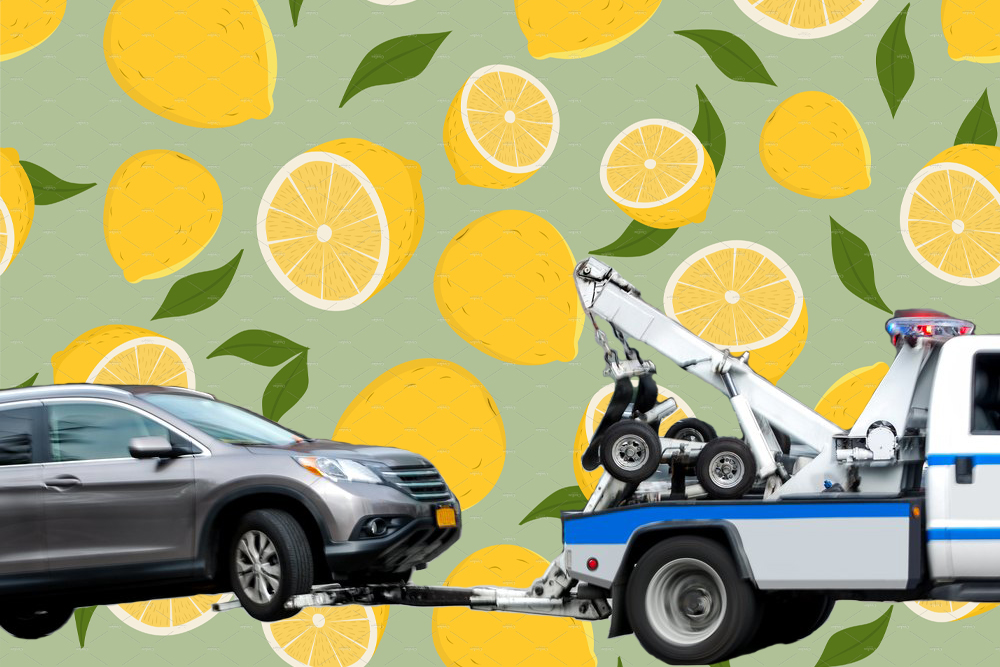Pronunciation: wEn lIEf gIvz yOO lEm-uhns

Scene: a “lemon” on lemon wallpaper. (Collage by: Jareth Harshbarger)
My phrase, “when life gives you lemons,” is used mostly as a form of poor comedic relief. Although it’s not often used by very many people , all different ranges of people like to use it during an awkward or uncomfortable situation. Not many people use this, although; it is a widely known phrase.
Let me give you a scene: As I watched my car get dragged onto the tow truck my friend sits next to me quietly. In the midst of us watching my car get taken away I was served the bill for the tow fee, and my friend looked at me trying not to smirk he says, “well, when life gives you lemons.” I refrain from saying anything rude — as he is my only way home by this point.
The history of this phrase does not heavily impact its use or tone as the meanings have not changed severely throughout history. Most of the words derived from old English vocabulary — all but one, being the word “lemon”. The word “lemon,” however, stands out, as it seems to be of no distinct or exact origin.
One fact about the word “life” is that it originally did not only define the line between a living and a non-living organism, but it was also understood to be the source of why things were living. Another fun fact is that there are eight hundred and twenty five words that are related to (or similar to) the word “life.”
Fun fact about the word “lemon” is that it has no exact pinpointed origin. It has been traced to possible Middle Eastern, Italian, or French roots. It is also believed to possibly have been derived from an Asian word for “sour fruit.” It is also possibly rooted to the Persian word, “līmūn,” being a generic term for citrus fruit, which is a cognate of Sanskrit.
 NOLAbeings
Multimedia artist Claire Bangser created NOLAbeings as a portrait-based story project that marries...
NOLAbeings
Multimedia artist Claire Bangser created NOLAbeings as a portrait-based story project that marries...
 Data corner: Adobe Suite (create a PDF, social media graphic, presentation, edit a photo and video
Data corner is where you go to work with analytics and top tech skills. It takes on everything from PERL and SQL to Canva and Sprout Social.
Data corner: Adobe Suite (create a PDF, social media graphic, presentation, edit a photo and video
Data corner is where you go to work with analytics and top tech skills. It takes on everything from PERL and SQL to Canva and Sprout Social.
